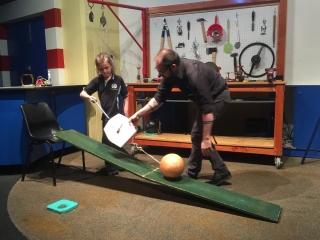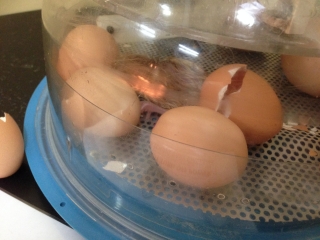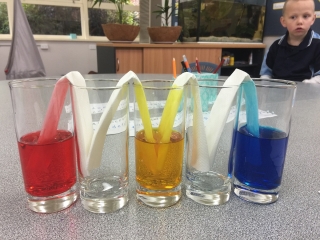Inquiry Based Learning
Tell me and I’ll forget; show me and I may remember; involve me and I’ll understand.
Chinese proverb
At Olinda, we believe Inquiry Based Learning can significantly enhance the learning process.
What is Inquiry Based Learning?
Inquiry Based Learning (IBL) is a process where students formulate questions, investigate to find answers, build new understandings, and then communicate their learnings to others.
With younger students the questions are usually "teacher-guided". With older, more experienced students, there is greater opportunity for questions to be a little more "student-directed".
Why Use Inquiry Based Learning?
Memorizing facts and information is not the most important skill in today's world. "Facts" change, and information is more freely available than ever before. More valuable, is how to filter and critically make sense of that information.
Where Do We Use Inquiry Based Learning?
We integrate IBL where there is a natural fit with the curriculum. In particular, science, history and geography.
What is the Teachers Role?
The teacher's role is more "Guide on the side" rather than "Sage on the stage". The teacher scaffolds learning for students, gradually removing the scaffolding as students develop their skills. It is important to understand IBL does not mean allowing students to completely self-direct their own learning.
What Does Inquiry Based Learning Look Like?
Here is an example.
Sample Question
- Does the same type of fertiliser work equally well for growing tomato seedlings as for sprouting bean shoots?
Planning & Predicting
- Predict what will happen, ‘I think that all fertilisers are the same as each other’.
- Set up an experiment that has a control.
- Design a chart to measure the results.
Investigating
- Plot the results.
- Draw conclusions.
- Ask further questions.
- Research and further investigate.
Recording & Reporting
- Display findings.
- Share findings.
- Answer questions from others.
- Further investigate if needed.
Reflecting
- Taking action by implementing the findings, using the best fertilisers for different plants.




